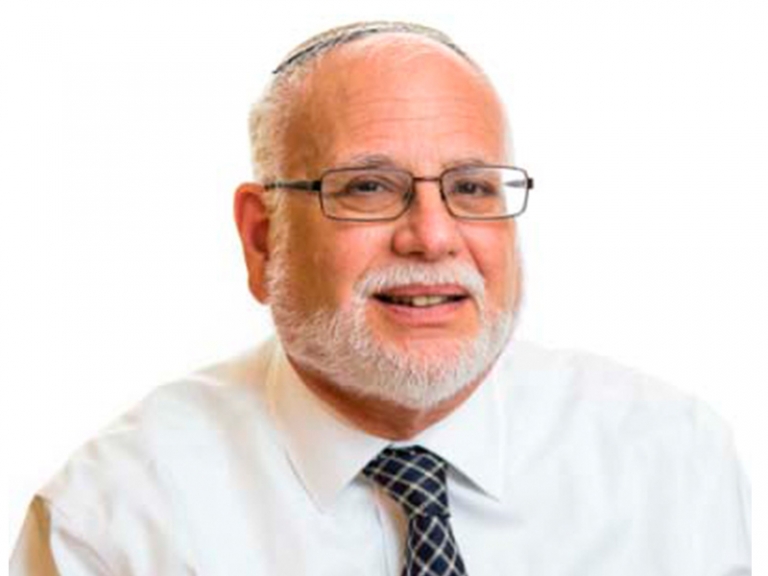D'var Torah by Dr. Kalman Stein, Head of School

Dear Hebrew Academy Community:
Rav Soloveitchik, as recorded by Rabbi Avishai David in his Darosh Darash Yosef, noted that one of the reasons we always read Parashat Tzav during the weeks before Pesach is that the Parasha deals primarily with descriptions of the sacrifices and it is at this time that we begin anticipating the Korban Pesach, the Paschal Sacrifice. The Korban Pesach was the first communal offering (as opposed to the majority of sacrifices which were brought by individuals) and it serves as “both a herald of and a key to the redemption of the Jewish People because it emphasizes the sense of community amongst Am Yisrael.”
The choice of the Haftarah of our Parasha (Yimiyahu, Chapter 7)--which is not read on years such as this one when we read the Haftarah of Parshat Parah-- however, seems somewhat problematic. At the conclusion of two Parshiyot—Vayikra and Tzav—which teach us all about the Korbanot, Hashem, in the Haftarah, tells us, in effect, that He does not need our sacrifices, in fact, that He had never demanded them. Hashem tells us, “For I did not speak with your forefathers nor did I command them on the day I took them out of the Land of Egypt concerning burnt offerings or peace offerings. Rather I commanded them regarding only this matter, saying: Hear My voice so that I may be a God to you and you will be a people unto Me ….”
Yirmiyahu’s message, of course, is not that Hashem didn’t mean it when He included the Korbanot in His Torah. The message is that the Jewish People should mean it, should bring their sacrifices thoughtfully and in a spirit of holiness as part of the larger obligation to obey the will of Hashem. We have survived for two millennia as a people without the Beit HaMikdash; we would not have survived for even a century without Shabbat and Kashrut. As Rabbi Akiva, who experienced the still fresh pain of the destruction of the Beit HaMikdash reminded us in the last Mishna of Massechet Yoma which describes the elaborate sacrificial ritual of Yom HaKipurim, it is God, not sacrifices, who atones our sins.
Korban Pesach symbolizes a collective, communal experience. In this sense it reflects two broad values of Judaism, Mesirat Nefesh (self-sacrifice) and Arevut (interdependency). The Korban Pesach symbolizes both our surrender to the will of God and our responsibility to our fellow Jews. It commemorates the time that we followed Hashem into the desert, shed our status as slaves, and became a community which both fears God and takes seriously our responsibility to care for one another.
Shabbat Shalom,
Dr. Kalman Stein
Head of School

